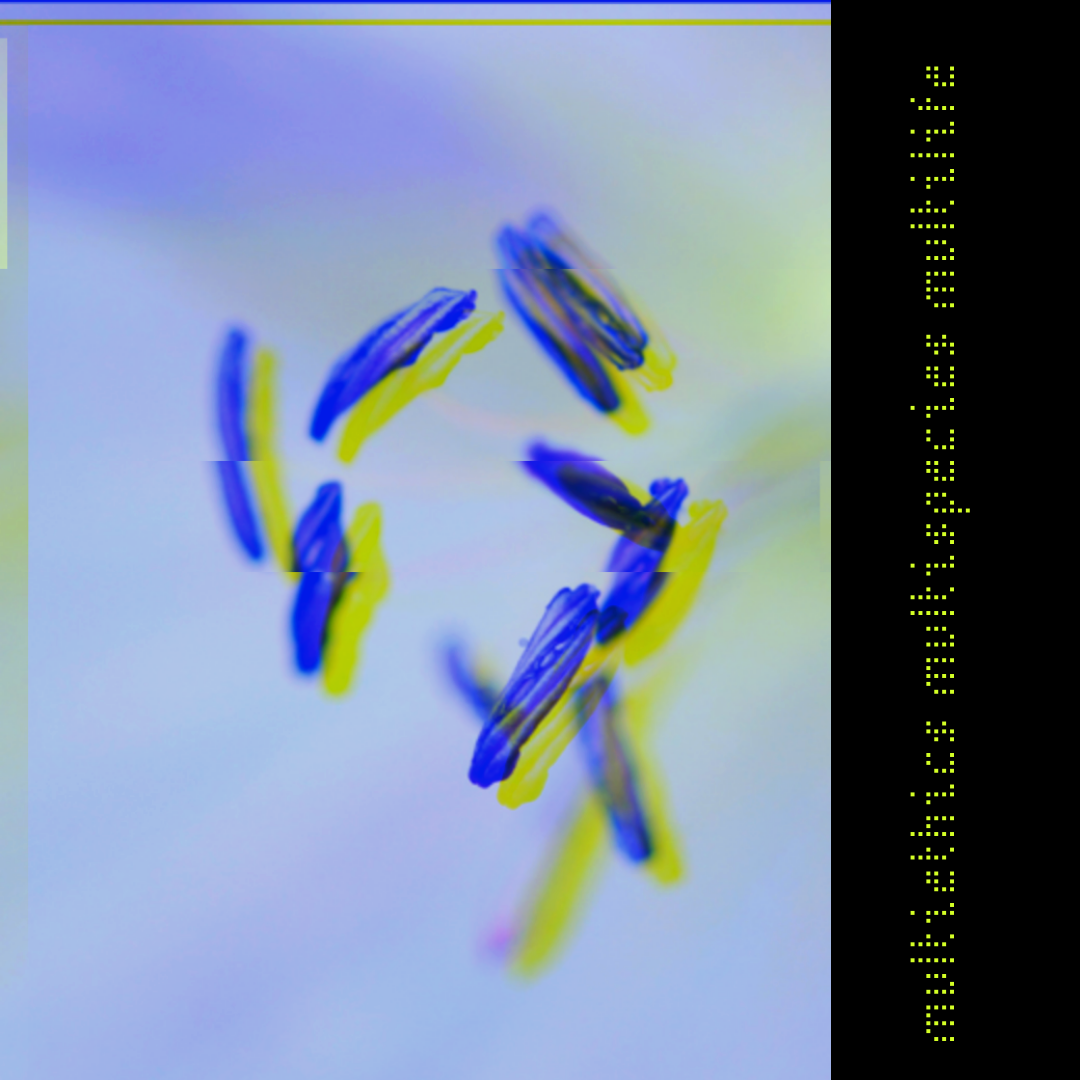
Leonore Hildebrandt
Artist Statement: Talking & Listening to Plants
As a young woman, I chose a back-to-the-land lifestyle, its ongoing labor of pruning apple trees, cutting blowdown trees for fire wood, growing and preserving food––and this choice has shaped my life toward happiness. To write of it is a different story. How to use the word “cabbage” and be true to its mysteries? Its familiarity blinds us.
Each season is full because of my work with plants. I sow seeds, singly placing each shining bean, each wrinkled pea into the earth. Each year I scatter hundreds, perhaps thousands, of seeds––crimson clover for large blooming patches, in rotations that please the soil and insects. Releasing a seed to favorable ground is perhaps the closest I will come to feeling that I belong and that it is good.
The control I wield over my piece of land––so little, so short-lived. I call them mine, the carrots and potatoes and onions, because they reflect my work, my delight. The forces and systems that make things grow are beyond me, but I’ve come to believe that plants do not doubt themselves. And they grow on the assumption that things will work out for them. This optimism makes them cheerful, and they are not stingy about sharing.
And yet, death is always close. Any day now, I may come for that kohlrabi with a sharp knife. Other brassicas are winter-killed––I will pull up and compost their frost-bitten, tattered remains next spring––leached of color, the brittle stalks and vines, the combed-over oats I sowed last fall. Dying and decay sustain us. And there are the weeds.
Talking to plants is easy––their lives touch mine intimately. I greet them, ask how they are. To talk about them comes with discomfort––I’m unable to replicate the richness of the botanical world, its forms and colors and life-energies. How to capture the green tips on the spruces that push out in the spring? How to let you, a reader, feel the joy that emanates from every hopeful seedling on my windowsill? And yet, to sing praises to the natural world is our uniquely human task, so I keep trying––reaching for a happy world––and in this poem, stumbling upon the math of a sunflower’s spirals.
Leonore Hildebrandt is the author of the poetry collections The Work at Hand, The Next Unknown, and Where You Happen to Be. Her poems and translations have appeared in the Cafe Review, Cerise Press, Cimarron Review, Denver Quarterly, The Fiddlehead, Harpur Palate, Poetry Daily, Rhino, and Sugar House Review, among other journals. She was nominated several times for a Pushcart Prize. Originally from Germany, Leonore lives in Harrington, Maine, and spends the winter in Silver City, New Mexico.

